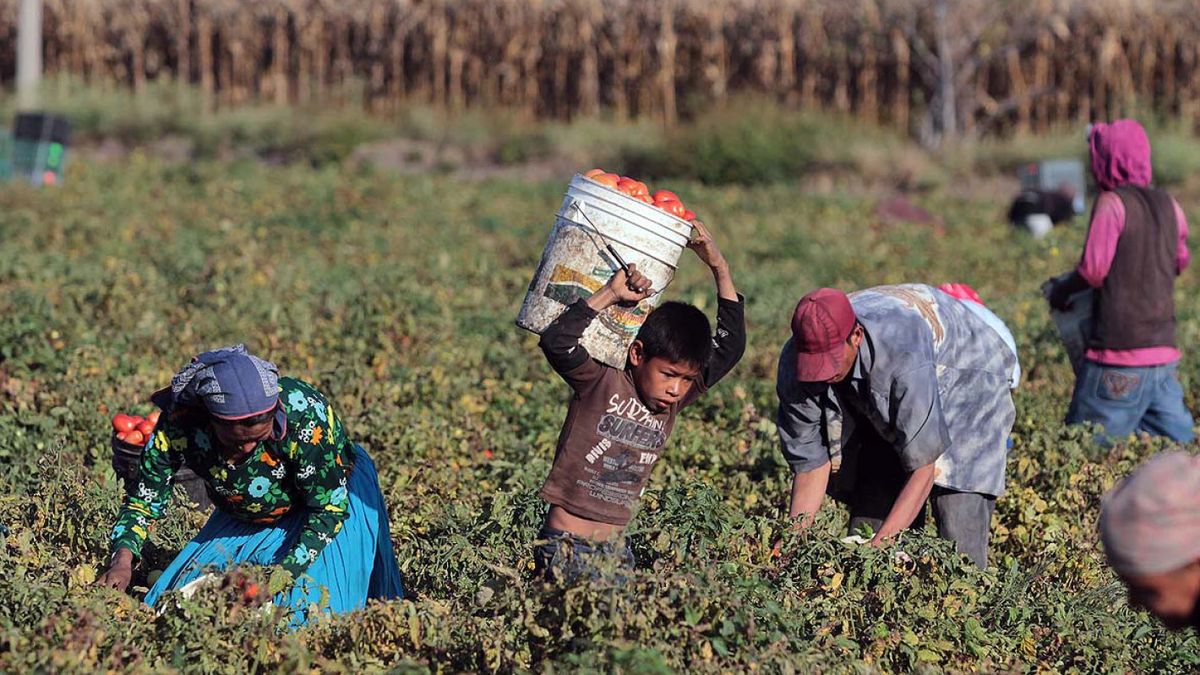According to a report by INDEC, 1.5 informal jobs were created for each registered position created. The recession worsens the situation.
He unregistered employment is growing steadily in Argentina. According to data from the National Institute of Statistics and Census (INDEC), during the In the last four years, the number of informal workers increased by 568,000around a third more than the formal sector, which reached 363,000 in the private sector.
The content you want to access is exclusive for subscribers.
In other figures, it can be seen that for every new formal job, 1.5 informal jobs were created. This trend is a problem for the economy and, in particular, for workers, who are deprived of basic rights such as social security and contributions for their future retirement.


Added to this is the economic recession we are experiencing, which, while it brought a significant drop in inflation, also generated an increase in unemployment, which is currently at 7.7%. According to a report by Indec, the Gross Domestic Product (GDP) contracted by 5.1% during the first quarter of 2024. One of the consequences is the increase in poverty, which exceeded 50%. Another alarming fact is that 34.9% of the workers who, despite having a job, lives by below the poverty line,
Domestic workers

Domestic workers are among the most affected.
Getty Images/iStockphoto
Which sectors are most affected by informality?
One of the most affected sectors is domestic service. Of the 1,673,000 workers, mostly women, 71.5% do not make pension contributions. Another sector with a lot of informality is agriculture. Of its 853,000 workers, 59.2% are not registered.
Construction is very close to agriculture. 58.4% of its 946,000 workers are in the informal sector. Another sector with a high rate of unregistered employment is commerce. 42% of its 2,269,000 workers are in this vulnerable situation.
Source: Ambito




